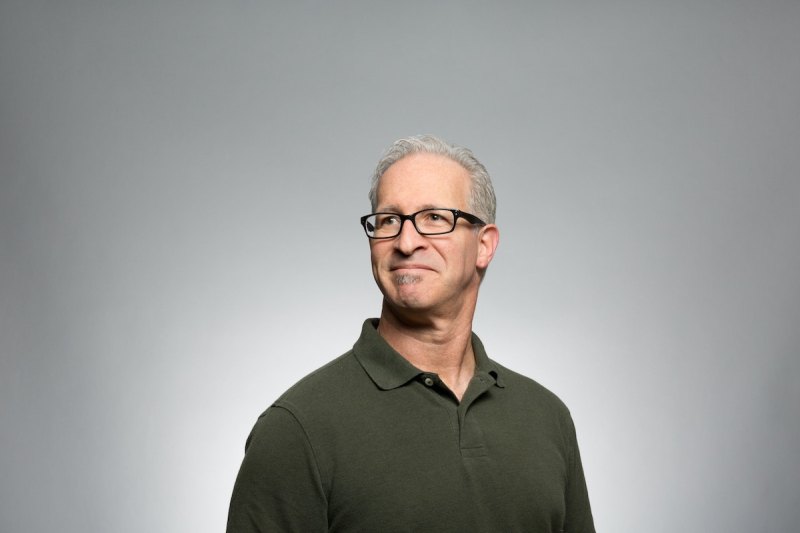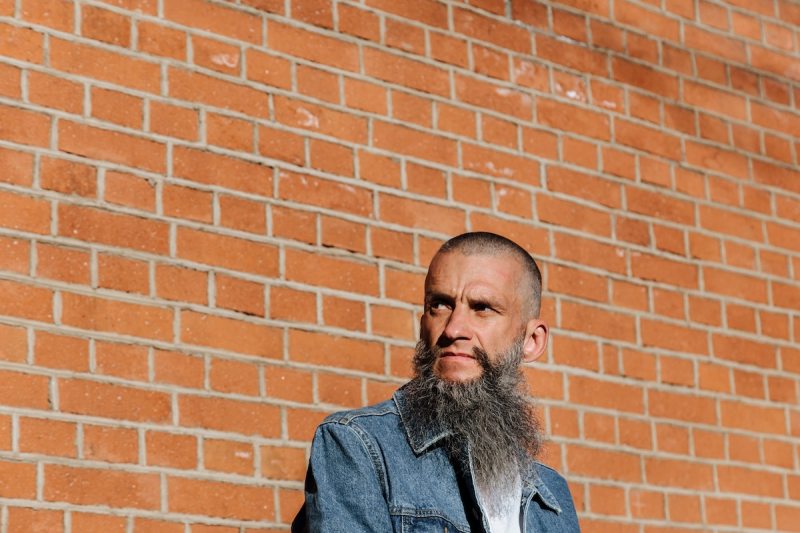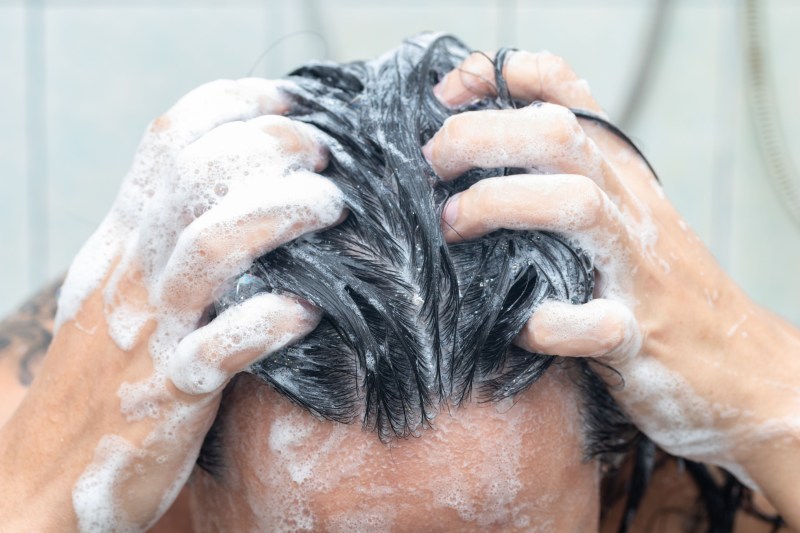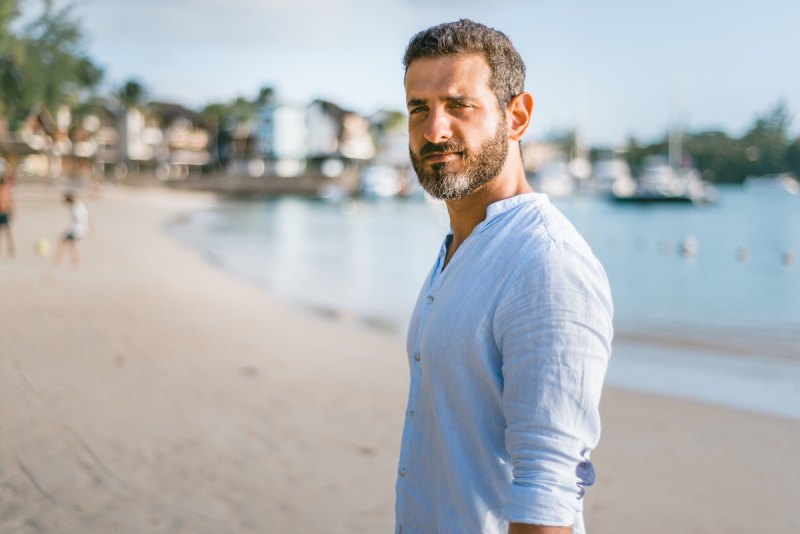
You’ve heard about gray hair in theory, but noticing one during your morning grooming routine can be as unwelcome of a surprise as the coffee machine not working. Like wrinkles on your skin, gray hair can serve as a reality check: The clock is ticking. You’re getting older.
Yet, some discerning gentlemen (hi, George Clooney) have made gray hair seem stately and handsome over the years. Perhaps you’re ready to embrace this new chapter with open arms — and maybe a PEOPLE cover. Either way, you have options for gray hair, and you may have questions, too. Why does hair turn gray? Is my hair turning white because I’m too stressed? Maybe, though, gray hair is often inevitable and determined by pesky genetics and even skin color. Let’s discuss the hairy topic of going gray.

What causes gray hair in men?
Why does hair turn gray? The answer varies based on your unique genetic makeup and life circumstances.
- Age. Gray hair is also a natural result of growing older. The pigment in our hair follicles progressively dies as our birthday cakes get more crowded with candles. When the hair follicles contain fewer pigment cells, the hair strands have less melanin. The hair strands will become lighter in color and appear gray or white. This process repeats strand by strand. The older a person gets, the more hair strands produce less melanin, turning the mane gray.
- Genes. Need an indicator as to whether you’ll go gray and when? Instead of looking in a mirror, take a peek at a close relative. If a family member, like your father, went gray around a specific age, there’s a good chance you will, too. One study linked premature aging to genes. Another study from 2020 linked the gene IRF4 with hair graying.
- Stress. Ever heard of the expression, “You’re giving me gray hair?” The phrase is often used by parents speaking to unruly kids or a stressful job situation. However, the idea that stress can cause hair to gray has long been debated, with some experts calling the notion a total myth. Still, a 2021 study indicated that stress can contribute to hair turning gray. The good news? De-stressing can reverse graying hair (more on that in a bit).
- Vitamin deficiencies. Numerous studies, including one from 2015, have linked vitamin deficiencies, like B-12 and D-3, to graying hair. Both vitamins are in protein sources like eggs and chicken, which vegans may be deficient in.
- Styling. Too much hair dye can expose the hair to harmful chemicals and bleach, reducing the hair’s ability to produce melanin and triggering graying.

At what age does men’s hair go gray?
Again, this answer varies. Generally, men begin to notice gray hairs in their 30s and 40s. Numerous factors play into this number, though, including, once again, genetics. Research from 2016 suggested that people with IRF4 were prone to going gray earlier in life than those without the gene.
Race is another common differentiator. Research indicates white people begin graying in their mid-30s, Asians in their late 30s, and Black people in their mid-40s. The location of the onset of gray hair also varies by face, with white folks and Asians noticing it at the end of the hair shaft. Black people typically first note graying around the hair root.
Finally, smoking has been shown to cause people to go gray faster than their nonsmoking peers.

What can men do for gray hair?
While the above research may be interesting and enlightening, you may be looking for actionable advice. According to recent research, gray hair may be reversible in the future. What can you do now, though? Men have various options for treating gray hair, ranging from lifestyle tweaks to acceptance.
- Diet. Make sure you’re eating a varied diet rich in vitamins and antioxidants. This diet should include protein, such as eggs and fish. If you’re vegan, consult a doctor or dietician about supplements like vitamin B-12.
- Quit smoking. You can’t control genetics. Smoking cessation is challenging but is something you have power over. Resources are available, and you can find them in your area by speaking to your doctor or calling 1-800-QUIT-NOW.
- Reduce stress. A small study showed that reducing stress can reverse gray hair. Look for ways to cut stress out of your life, whether that means setting boundaries with a boss around work-life balance, yoga, meditation, or therapy.
- See a stylist. Genetics and age are two factors you can’t control. However, visiting a trusted stylist can open up a treasure trove of advice, from cutting and dyeing to experimenting, so you love your new look.
- Consider at-home remedies. Shampoos and hair dyes can help cover grays, giving you natural-looking hair with some added pigment. You may wish to go as close to your old color as possible or experiment with something new (again, your stylist can help aid with these decisions). Read product reviews and instructions on the box carefully to prevent DIY disasters and disappointments.
- Acceptance. Gray hair is a sign of maturity. We’ll all likely go gray (or completely bald) eventually. There’s nothing wrong with embracing your new status as a silver fox.
In addition to a hair stylist, a dermatologist and primary care doctor are great resources if you have questions about hair or aging.



